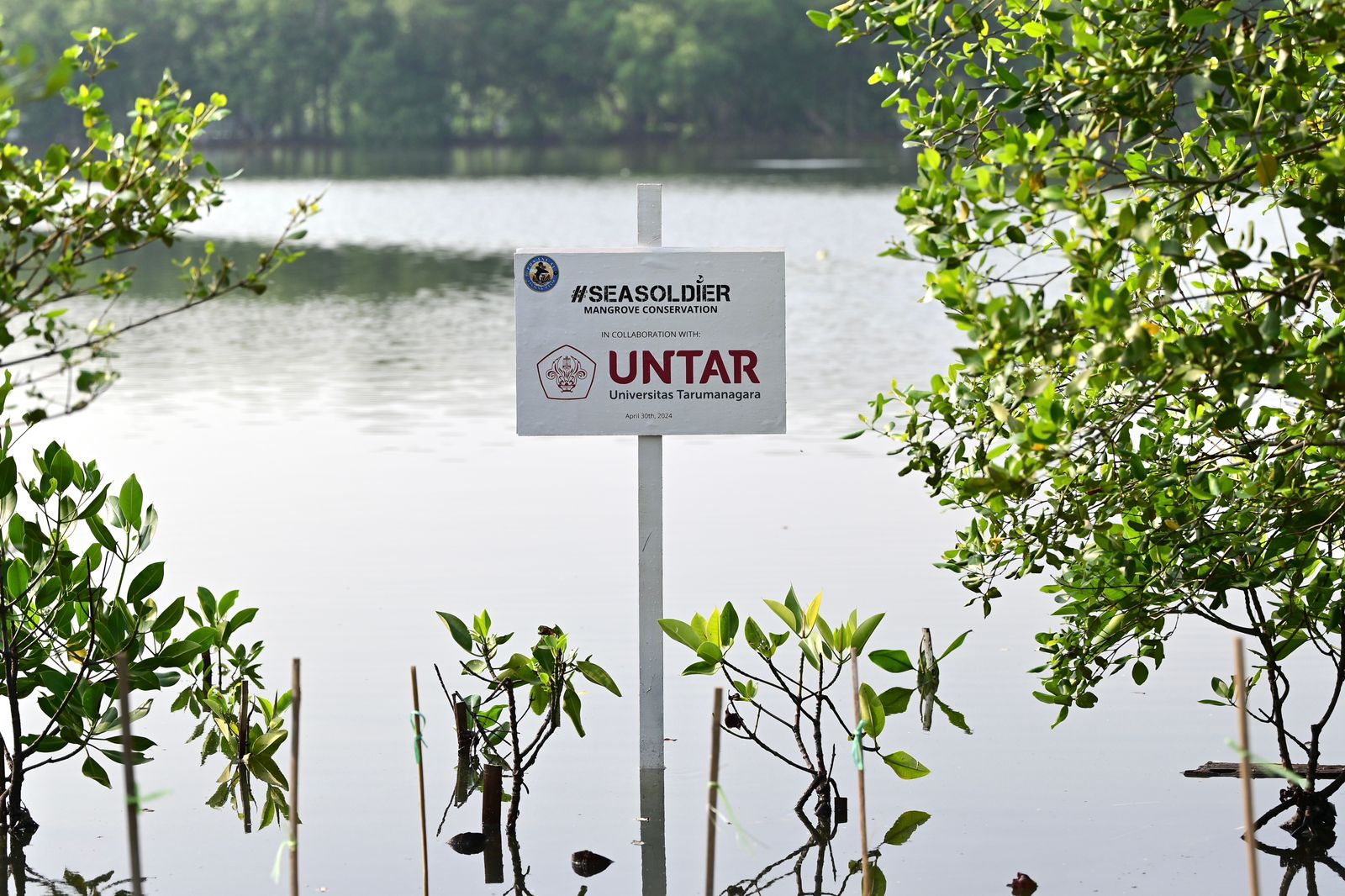Source: Untar Public Relations
Every year on July 26, the world observes the International Day for the Conservation of the Mangrove Ecosystem. Since its establishment by UNESCO in 2015, this observance serves as an important reminder of the critical role of mangrove forest conservation as an integral part of environmental protection and sustainable development.
Mangroves—plants that grow in tropical and subtropical coastal areas—play an extraordinary ecological role. They serve as habitats for various marine life, protect coastlines from erosion and storm surges, and absorb large amounts of carbon. Unfortunately, the mangrove ecosystem is now under threat. UNESCO notes that mangroves are disappearing 3 to 5 times faster than terrestrial forests, primarily due to land conversion for aquaculture and settlements. In the last four decades, the world has lost half of its mangrove forest area—an ecological loss that also has social impacts on coastal communities.
Ir. Priyendiswara A.B., MCom., a lecturer from Untar’s Urban and Regional Planning (PWK) Study Program, affirmed that sustainable development encompasses three main pillars: environmental, social, and economic.
“If development only focuses on the economic aspect, ecosystem damage is very likely to occur, and ultimately it will trigger social problems, such as the loss of livelihoods for coastal residents,” he explained.
Mangrove forests are a concrete example of the interconnectedness of these three pillars. Besides their ecological function, mangroves support the social and economic lives of communities—from food sources to income. Their destruction can lead to tidal floods, erosion, loss of fishponds, and inundated settlements. Therefore, an ecosystem-based approach is crucial in coastal spatial planning, with mangroves as the primary protective layer, supported by vegetation like Indian almond, casuarina, and breadfruit trees. The establishment of coastal setback lines and environmentally conscious spatial planning is also essential.
As a tangible form of concern, Untar continues to contribute to mangrove conservation. On June 22, 2025, the Faculty of Fine Arts and Design (FSRD) Untar planted mangrove saplings at Taman Wisata Alam Angke Kapuk. Prior to this, on April 30, 2024, Untar collaborated with the Seasoldier Foundation to plant 650 mangrove saplings and clean the beach in Tanjung Pasir. These initiatives are part of Untar’s support for the Sustainable Development Goals (SDGs), especially SDG 13 (Climate Action), SDG 14 (Life Below Water), and SDG 15 (Life on Land).
The commemoration of World Mangrove Day should not merely be a ceremony. It must become a moment for reflection and action. Students, as the next generation, are urged to actively protect the environment. With creativity, collaboration, and care, we can ensure that mangrove forests remain vibrant, for a greener and more sustainable future for our planet. (VC/AJ)


